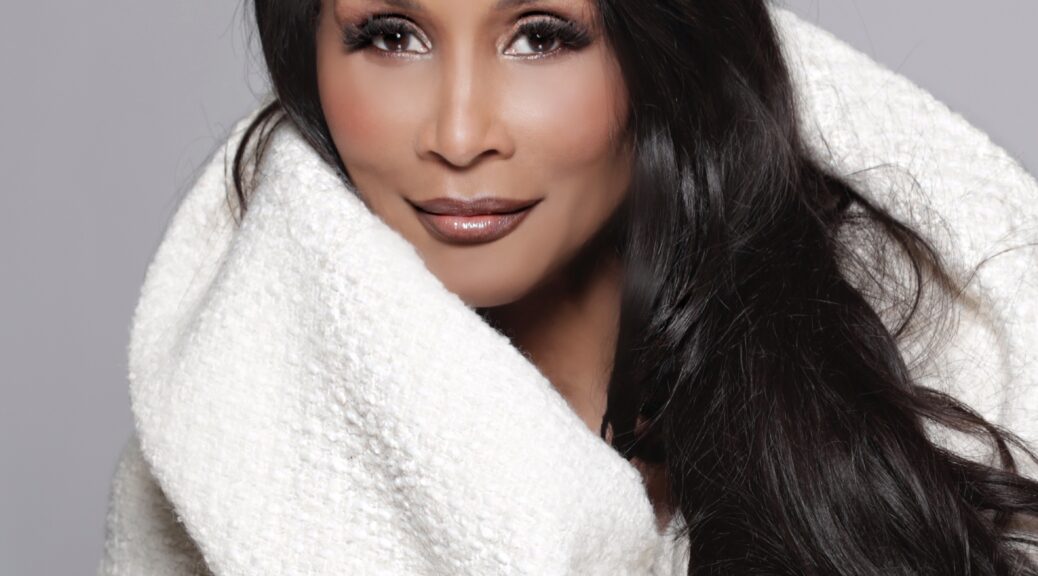Beverly Johnson teams up with City of Hope to raise money and awareness for health disparities in communities of color.
By: Heather Newgen
Health disparities in communities of color is nothing new, but it’s an issue that’s finally getting some attention and City of Hope, an independent biomedical research and treatment center for cancer, diabetes and other life-threatening diseases, is working towards eliminating the causes for health disparities.
“Of course I know about the disparities in health and wellness for the Black community. My father died of an enlarged heart–a heart attack. My mother passed away from Alzheimer’s. Nothing else was wrong with her and it’s very prevalent in Black women. So just from my family I knew there wasn’t enough being done,” Beverly Johnson told The Voluntourist.
The supermodel is working with City of Hope to increase awareness. She held a virtual Dine-in for Justice event where she hosted a brunch with friends, talked about the inequalities in communities of color and raised money. Participants are asked to contribute an amount equal to or greater than what they would spend dining out. Donations to Dine In for Health Justice will benefit City of Hope’s Division of Health Equities and will support community education, health screenings and research. All contributions are 100 percent tax deductible.
Anyone can host a Dine-in for Justice event and at each meal a 30 minute video is played that features Good Morning America’s Robin Roberts and others who share their stories of healthcare disparities.
“It changed my life. I was so moved, Beverly Johnson said. “But I was disturbed of the injustice for Black people in the medical profession, in every realm of it.”
RELATED: Bridget Pettis steps away from WNBA to focus on her community
Dr. Leanne Burnham, a translational scientist within the City of Hope Division of Health Equities whose research focuses on
prostate cancer in Black men, stated, “we’re getting a lot more attention on these disparities as a result of what we’ve seen with Covid this year. For decades, cancers are much more prevalent in Black and Brown communities. They’re much more likely to be diagnosed, to detect the disease way past a stage of when its curable, and that goes for prostate, breast, lung, colorectal. What’s encouraging is that these health disparities don’t have to be that way. There’s things we can do to eliminate these health disparities.
It takes a holistic approach, a multi-factorial approach, so at City of Hope we have a division where we have experts in different areas, whether it’s in science, or in the community or clinic where we’re addressing the many different reasons why health disparities exist so we can help to eliminate some of those.”
Reasons for the disparities include genetics, socioeconomic impacts and environmental factors.
“Specifically in Southern California we have environmental pollutants that affect Black and Brown communities differently. At City of Hope one of the things we study is what are we breathing in the air and what are we drinking in the water and how does that contribute to increased incidents of lung cancer in Black and Brown individuals simply by the fact of where they live? Behind genetic and socioeconomic reasons, we have to look at what is your access to healthcare, what does your insurance look like for sure and there’s always diet and lifestyle. What you put in your body everyday can affect that and that’s heavily influenced by cultures and what you’re taught,” Dr. Burnham said.
She added, “What we know is that screening recommendations for diseases are based off of studies that have looked at hundreds of thousands of individuals, but they’re usually of European ancestry. So you have enough individuals to draw a conclusion but those conclusions don’t necessarily apply to people who are at high risk for getting a disease earlier.
“So for example prostate cancer. That affects Black men way younger. It affects Black men in early 40’s even, but current screening recommendations are not to begin discuss screening with your physician age 55. So if you’re a Black man and you’re growing this prostate cancer in your 40’s if it was caught then it would be cured. Prostate cancer is literally 100 percent curable if you catch it early. Once it spreads out of the prostate then there is no cure. We have a lot of treatments to extend life but there is no cure for advanced stages of that disease.”
City of Hope does community outreach to help give POC better access to early screenings and offers information they may not receive from the health care industry.
“I’m really passionate about this cause,” Beverly Johnson told us. “No matter how much money you have as a Black person, it’s not going to help you. We’re not even at clinical trials. They don’t even know what they’re looking for when they’re attending to you because they only have certain stats of a White patient.”
For more information, visit City of Hope.

